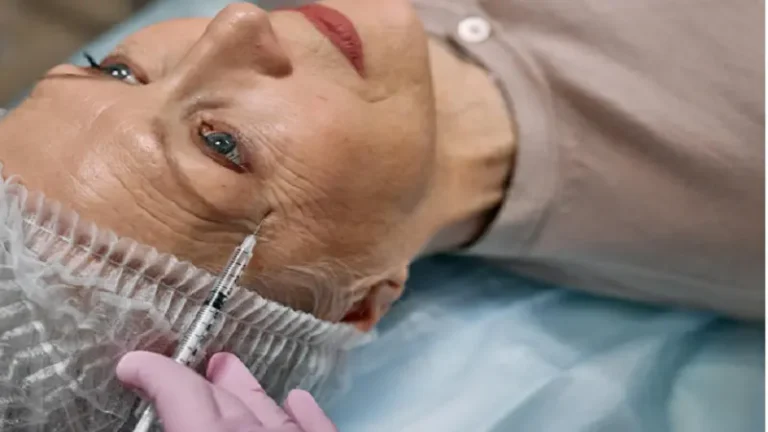Exploring the Link Between Chronic Pain and Alcohol Dependence
For those suffering from chronic pain, daily life can become an ongoing struggle, leading to physical limitations, emotional distress, and a diminished quality of life.
While various treatment options are available, one alarming yet significant connection is the relationship between chronic pain and alcohol use disorder. Understanding this connection is vital, especially when considering alcohol use disorder treatment as part of a comprehensive approach to managing chronic pain.
The Impact of Chronic Pain on Alcohol Use
Chronic pain often leads individuals to seek relief in various forms, with alcohol being one of the most accessible options. Initially, alcohol may seem to offer temporary relief by dulling the sensation of pain and promoting relaxation. However, this relief is short-lived and often comes at a significant cost. Over time, the body builds a tolerance to alcohol, requiring more significant amounts to achieve the same effect, leading to increased alcohol consumption and the risk of developing AUD. This cycle makes alcohol use disorder treatment essential for breaking the connection between pain and alcohol dependency.
The Role of Alcohol in Exacerbating Chronic Pain
While alcohol may provide temporary relief from pain, its long-term use can exacerbate chronic pain conditions. Alcohol consumption can lead to inflammation, nerve damage, and the worsening of pre-existing pain conditions. Moreover, excessive alcohol use can interfere with sleep patterns, further aggravating chronic pain symptoms. The combination of these factors makes it clear that alcohol is not a sustainable solution for managing chronic pain. Instead, those struggling with both chronic pain and AUD should consider alcohol use disorder treatment as a necessary step toward a healthier, pain-free life.
Dual Diagnosis: The Intersection of AUD and Chronic Pain
The co-occurrence of chronic pain and AUD presents a unique challenge in treatment. This dual diagnosis requires a comprehensive approach that addresses both the physical pain and the psychological aspects of addiction. Many healthcare providers recommend integrated treatment plans that include pain management, counseling, and alcohol use disorder treatment. By addressing both conditions simultaneously, patients have a better chance of achieving long-term recovery and improving their overall quality of life.
Treatment Options for Managing AUD and Chronic Pain
Several treatment options are available for individuals dealing with both chronic pain and AUD. These may include medication-assisted treatment (MAT), which combines FDA-approved medications with counseling and behavioral therapies to address alcohol dependency. MAT can be particularly effective in reducing cravings and withdrawal symptoms, making it easier for individuals to focus on managing their chronic pain. Cognitive-behavioral therapy (CBT) is another valuable tool in alcohol use disorder treatment, helping patients develop coping strategies to manage both their pain and their addiction.
A strong support system is crucial for individuals undergoing alcohol use disorder treatment, especially those with chronic pain. Family, friends, and support groups can provide the encouragement and accountability needed to stay on track with treatment goals. Additionally, healthcare providers should work closely with patients to develop personalized treatment plans that address the unique challenges posed by the co-occurrence of chronic pain and AUD. This collaborative approach ensures that all aspects of a patient’s health are considered, increasing the likelihood of successful recovery.
The connection between alcohol use disorder and chronic pain is complex and requires a multifaceted approach to treatment. By recognizing the risks associated with self-medicating with alcohol and seeking appropriate alcohol use disorder treatment, individuals can take the first step toward reclaiming their lives from the grips of addiction and chronic pain. It is essential to consult with healthcare professionals who specialize in both pain management and addiction treatment to develop a plan that addresses both conditions effectively.






